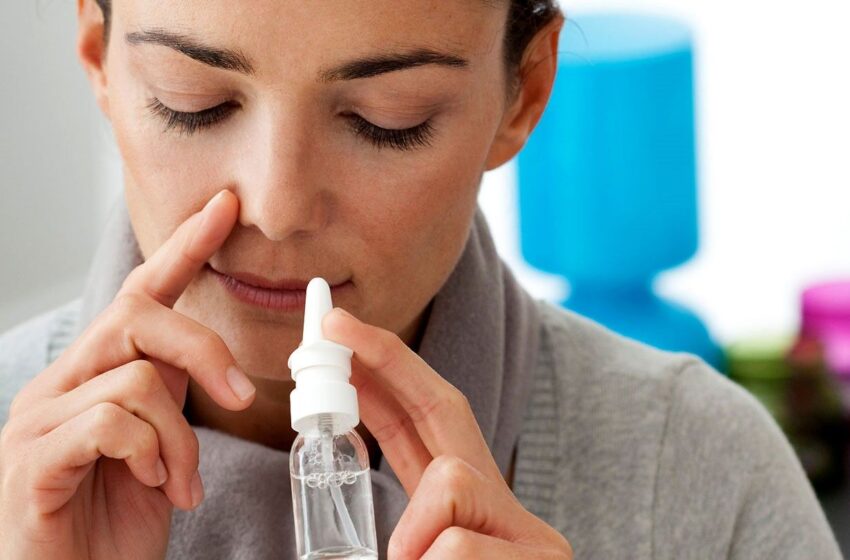Azelastine nasal spray may reduce COVID-19 risk: What to know

Azelastine nasal spray shows promise in cutting COVID-19 infection risk.
Azelastine nasal spray long used to treat seasonal allergies could soon play a role in fighting viruses like COVID-19, influenza, and RSV. German researchers report that the antihistamine azelastine significantly reduced COVID-19 infection rates in a controlled clinical trial. Published in JAMA Internal Medicine, the findings suggest azelastine may work as a low-cost, over-the-counter tool to help reduce viral spread in high-risk settings.
Trial Findings: Reduced COVID Risk in Healthy Adults
The study, led by Saarland University Hospital in Germany, enrolled 450 adults in their early 30s. Half the participants used azelastine nasal spray three times a day, while the other half received a placebo.
Over nearly two months, all participants took regular COVID-19 rapid tests. Results showed that only 2.2% of those using azelastine tested positive, compared to 6.7% in the placebo group. That’s a 67% reduction in risk.
The spray also appeared to lower the rates of other respiratory infections, including common colds and symptomatic flu-like illnesses, suggesting broader antiviral benefits.
How Azelastine Might Work Against Viruses
While the exact mechanism is still being studied, researchers believe azelastine may bind to viral particles in the nasal mucosa, the moist tissue that acts as the body’s frontline defense. This could prevent viruses like SARS-CoV-2 from replicating or attaching to the ACE2 receptors that act as gateways into human cells.
Dr. Robert Bals, senior author of the study, described azelastine as a potential “scalable, over-the-counter prophylactic”, especially during high-transmission periods or in crowded environments such as airports, classrooms, or concerts.
READ ALSO
FDA restricts COVID Vaccine access: What you need to know
mRNA Vaccine: Here’s why RFK Jr. pulled $500M in funding
Expert Reactions: Promise, But Caution Needed
Outside experts welcomed the results but urged caution. Dr. William Messer of Oregon Health & Science University said the findings were “reasonably convincing,” but noted that using the spray three times daily could limit compliance. “It may be easier for some people to wear a mask,” Messer added.
Dr. Peter Chin-Hong of UCSF highlighted the trial’s limitations, pointing out that it only included young, healthy adults. He warned there isn’t enough evidence yet to recommend azelastine broadly, especially for elderly or immunocompromised individuals who are at highest risk.
Still, Chin-Hong said the research underscores the importance of targeting the nasal mucosa in future vaccine development, since current COVID-19 vaccines do not strongly prevent infections.
Next Steps: From Allergy Relief to Pandemic Prevention
The trial’s results have sparked calls for larger studies to test azelastine in more diverse populations and to determine whether it could complement vaccinations and masks. Experts agree it should not replace vaccines, which remain the most effective protection for severe illness.
For now, azelastine’s decades-long record as a safe allergy treatment may offer reassurance for those interested in trying it as an added layer of protection. If further trials confirm the findings, the humble allergy spray could become an accessible frontline defense against not just COVID-19, but a range of respiratory infections.

